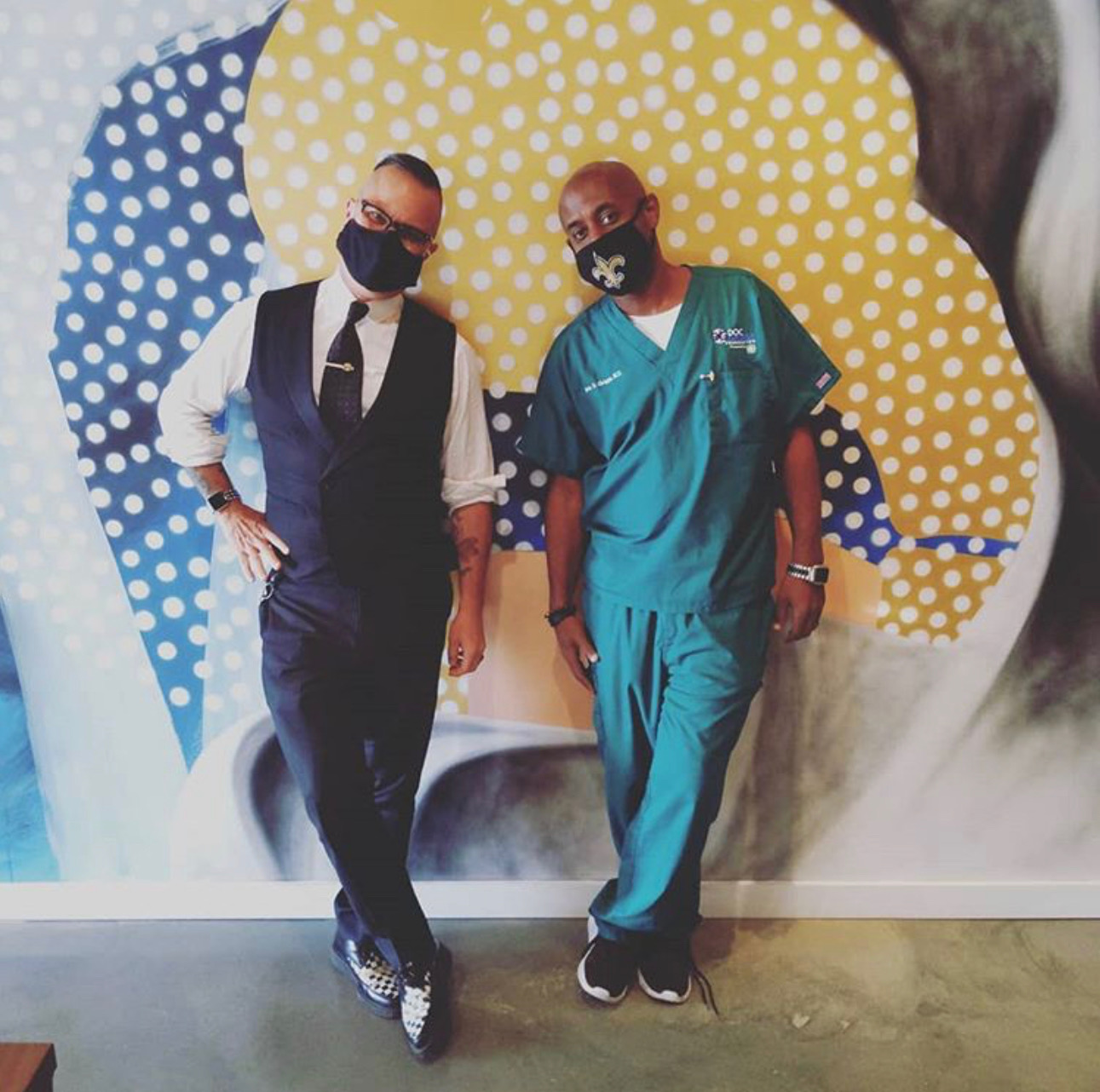Life in Quarantine: Witnessing Global Pandemic is an initiative sponsored by the Poetic Media Lab and the Center for Spatial and Textual Analysis at Stanford University.

K.A., 28, a researcher in Chicago, IL


On March 13 it still seemed reasonable to board a plane for a long-planned domestic flight to a friend’s wedding. I reunited with old friends in Austin, and we made the 7-hour drive west to Marfa, where I glimpsed the unique fears of remote, small towns with vastly different barriers to healthcare than what I experience in Chicago. Somehow, my friends pulled off a wedding amid the challenges of the emerging epidemic and fickle West Texas weather, and I kept my distance from folks in town, knowing that it’s carefree tourists like me who pose the greatest hazard to local public health. Sitting in the Austin airport four days later, we knew how much more there was to fear, and I think we had begun to collectively brace ourselves for months of bad news. I sneezed while waiting at the gate and noticed a few people glaring at me. When I looked around the train, riding the blue line home from O’Hare, I saw faces frozen with fear. On my last night before flying back, I met an old friend for dinner. We ate Tex-Mex on a patio and walked home along empty streets with our arms slung around each other’s shoulders. That’s the last time I hugged anyone. Since March 17, I’ve been observing social distance guidelines from my apartment, which I share with no one. I go out for groceries every 1-2 weeks, and I take long walks around Avondale, my neighborhood, every chance I get. Once a week or so, I meet my best friends at a neighborhood public square, and we sit on opposite benches to swap stories and make each other laugh. I call my friends and family often and try to gauge their levels of worry. I try to think of reassuring things to say that don’t sound hollow and insipid. I’ve stopped saying that I’m “sending love” and try to just tell friends that I love them instead.
My boredom feels like a privilege. In fact, I know it is. I have a job that I can easily do from home, and I haven’t experienced any pay cuts or schedule changes, even after a brutal round of lay-offs at my workplace two weeks ago. Mostly I’m enraged at what I see as a lack of political will to get people the care and stability they need. I’m talking about access to testing and treatment related to COVID-19, of course, but also rent relief, direct cash assistance that you can actually live on, and basic guarantees of welfare and wellbeing. When I think about this surge of unmet needs and a rising death toll that reflects entrenched race and class inequality, I can feel anger coursing through my system until it settles in as guilt and worry.
I’ve been turning to historical accounts forged and recorded by AIDS activists to process my feelings about current events and keep the faith about the political challenges that turn a virus into a plague. I read How to Survive a Plague for brief spells in the morning before starting work, and I’ve been revisiting some of Gregg Bordowitz’s short films. One idea from ACT UP activists that resonates with me is that situations like this impel us to participate in our own rescue, and that a safe, just world won’t be delivered to us by experts; we have to demand it. The second is that, to quote an Adrienne Rich poem, “without tenderness, we are in hell”.
[submitted on 4/13/2020]
The NoiseFilter podcast featuring this story is available on Apple Podcasts, Breaker, Castbox, Google Podcasts, Overcast, Pockets Casts, RadioPublic and Spotify. Click here to listen!
Learn more about the LiQ and NoiseFilter collaboration here!
Our Sponsors and Partners
Previous
Next
Find Us!
Center for Spatial and Textual Analysis (CESTA),
Stanford University
Address:
4th floor, Wallenberg Hall (bldg. 160)
450 Jane Stanford Way
Stanford, CA 94305
Stanford Mail Code: 2055